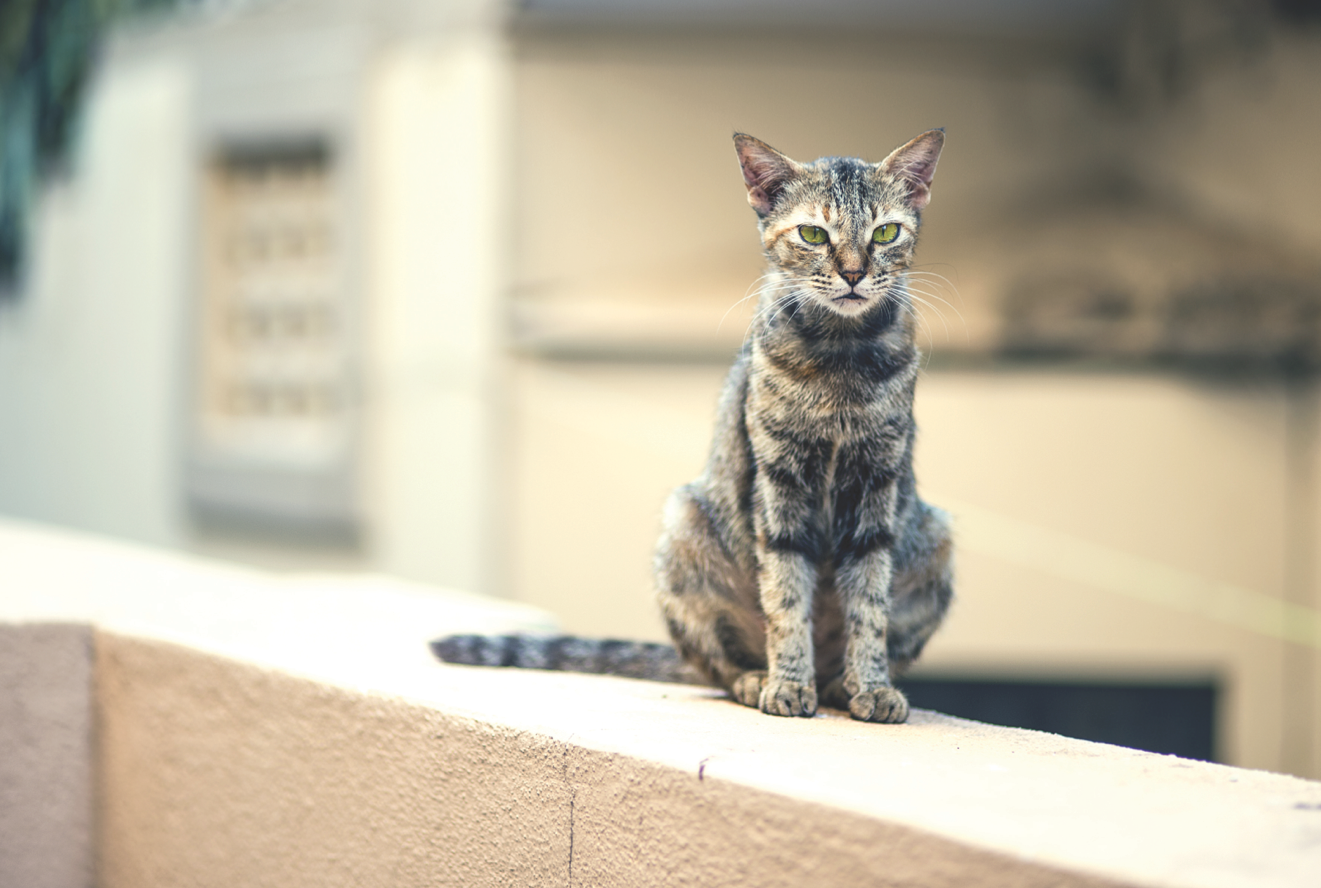Reaching the Golden Years

Thanks to the advances in veterinary science, cats have been able to live much longer. In the past, cats of eight years of age are considered to have reached their senior years. Now, a cat is not considered senior until it has reached at least ten to 12 years old. It is also not an uncommon discovery for a cat to be able to survive up to 20 years.
Maintaining regular health check-ups with your pet is essential. A vet that has seen your cat through the various life-stages will have a good record of your cat’s health and will be able to detect abnormalities easily.
As older cats are less active, they will be more susceptible to weight gain which increases the risk of health issues such as diabetes and kidney failure. Never attempt to change your pet’s diet by your own and without the consultation of the vet. An abrupt change in your cat’s diet may lead to serious health conditions such as liver damage.
Conversely, very old cats may also get thinner due to the deterioration of their digestive system. If this occurs, you may need to increase the quantities of feed for your cat to maintain the healthy weight. Use lower-calorie foods to control their tendency of contracting nutritional disorders such as bladder stones and arthritis.
As cats, age, they will get less active in self-grooming. Therefore, you will need to spend time brushing your pet regularly. This also makes a useful opportunity for you to detect lumps or bumps on its body, which may be indicative of any health issue.
The transition into your cat’s senior years need not be something to be stressed or sad over. Senior cats still leave you with precious time to remind you about just how special your relationship is with them and how much affection they can bestow on you.








